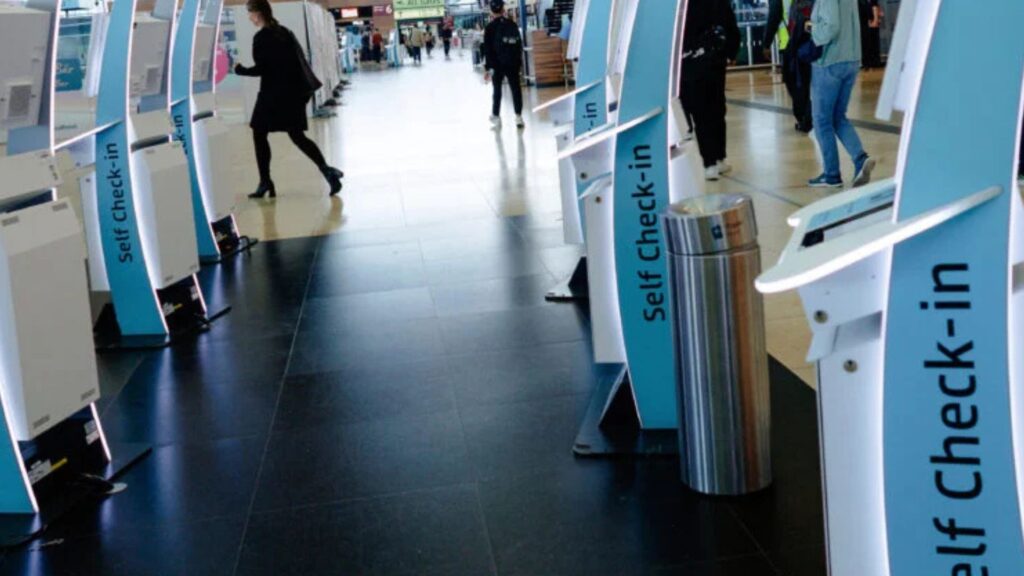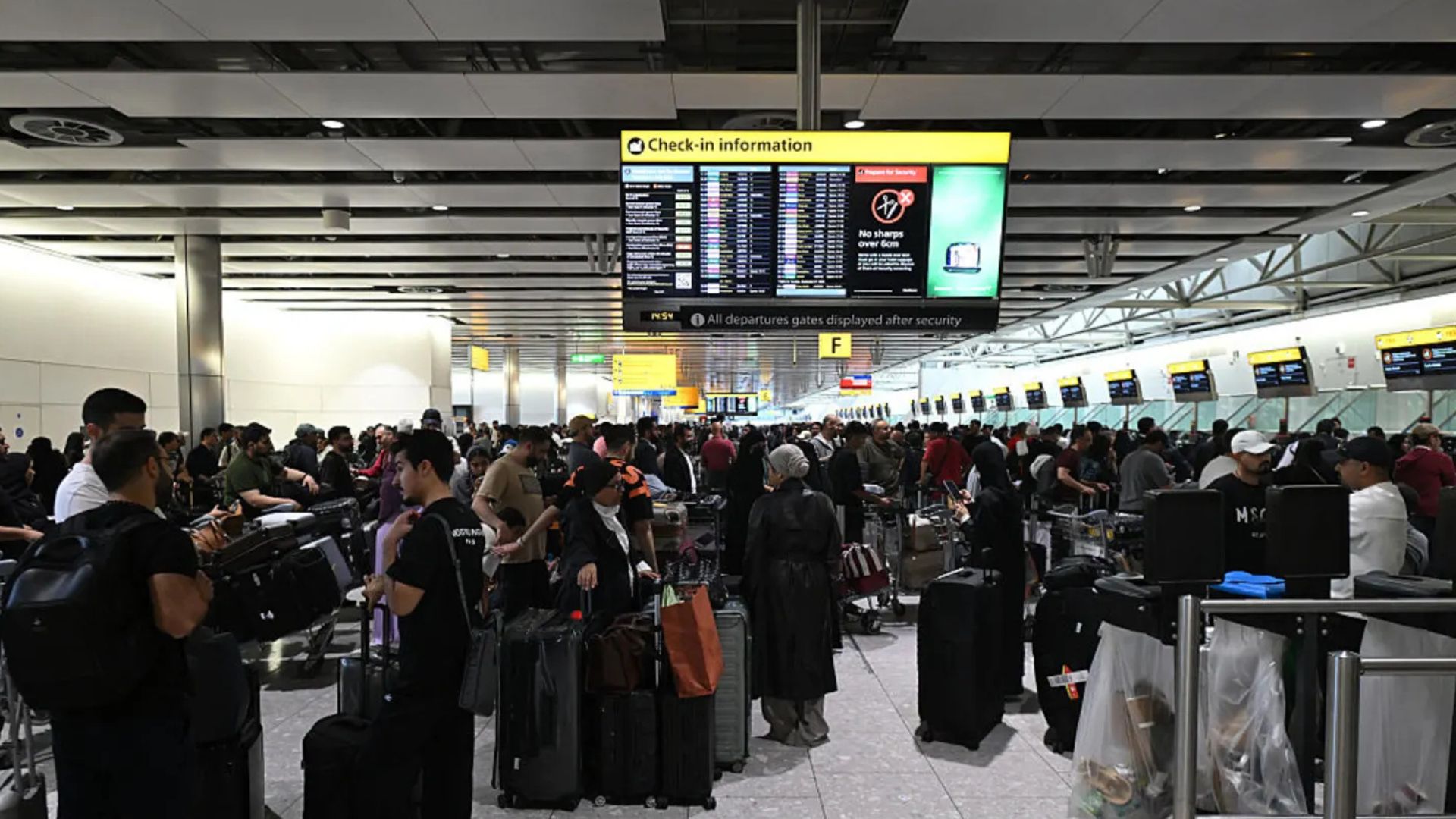
Major European airports are gradually recovering from a cyberattack that has disrupted check-in systems for three days, though thousands of passengers continue to face delays and cancellations at Brussels, London Heathrow, and Berlin airports. The attack targeted Collins Aerospace’s MUSE software system, which provides check-in and boarding services to airlines worldwide, forcing airports to revert to manual processing since Friday night.
Brussels Airport Hardest Hit
Brussels Airport remains the most severely affected, with 45 departing flights and 30 arriving flights cancelled on Sunday—nearly double Saturday’s cancellations. Spokesperson Ihsane Chioua Lekhli reported passenger delays “between 30 and 90 minutes” with no clear timeline for full recovery. To prevent overwhelming queues and last-minute cancellations, the airport requested airlines cancel half of their scheduled Sunday departures (Reuters).
Recovery Varies Across Affected Airports
While Brussels continues struggling, other major hubs show improvement. Aviation analytics firm Cirium categorized Heathrow delays as “minimal” by Sunday, while Berlin experienced “moderate” delays that were declining. Heathrow confirmed that “the vast majority of flights have continued to operate” despite ongoing recovery efforts. Dublin Airport, which experienced minor disruptions, expected to maintain a full Sunday schedule, noting that “some airlines in Terminal 2 are employing manual workarounds to produce bag tags and boarding passes,” causing slightly longer processing times (CBS News).
Cyber Threat Highlights Aviation Vulnerability
The incident underscores the aviation industry’s escalating cybersecurity crisis. A June 2025 report by French aerospace company Thales revealed a 600% increase in ransomware attacks on aviation between 2024 and 2025, with 27 major attacks by 22 different ransomware groups. The European Aviation Safety Agency estimated a monthly average of 1,000 airport cyberattacks in 2020.
RTX, Collins Aerospace’s parent company, characterized the incident as a “cyber-related disruption” affecting MUSE software at select European airports, emphasizing the impact was “limited to electronic customer check-in and baggage drop and can be mitigated with manual check-in operations.” Charlotte Wilson, head of cybersecurity at Check Point, highlighted aviation’s vulnerability due to shared digital infrastructures: “These attacks frequently exploit the supply chain, targeting third-party platforms utilized simultaneously by multiple airlines and airports. When a single vendor is compromised, the repercussions can be immediate and extensive” (CNBC).
Investigation Underway
The identity of the attackers remains unknown, though experts suggest involvement by hackers, criminal organizations, or state-sponsored actors. European regulators have launched investigations into the incident’s source, as the aviation sector grapples with its increasing exposure to cyber threats targeting critical infrastructure systems.













Your point of view caught my eye and was very interesting. Thanks. I have a question for you. https://www.binance.info/ru-UA/register?ref=JVDCDCK4
Thanks for sharing. I read many of your blog posts, cool, your blog is very good.